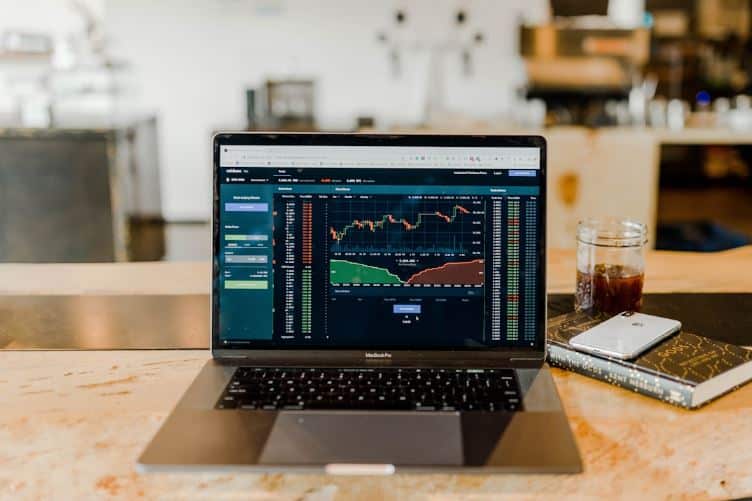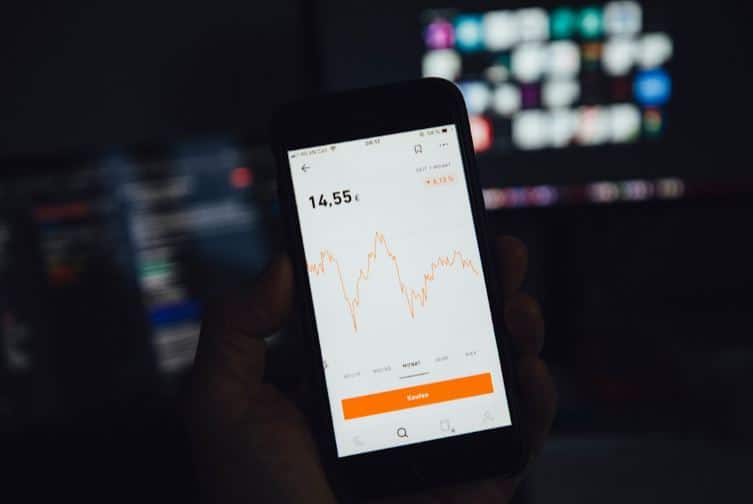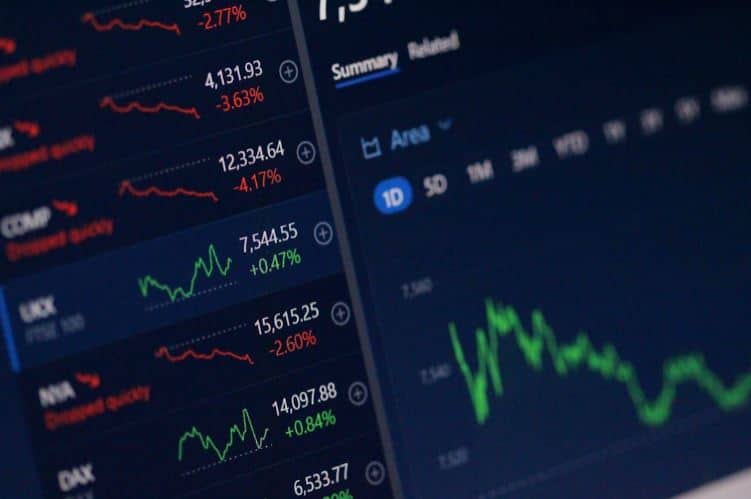Many people view stock trading as a legitimate way to make money by investing in companies and earning a return on their investments. However, there is a growing debate on whether stock trading is a form of gambling. This blog post will explore the similarities between stock trading and gambling and why some argue they are the same.
Similarities between Stock Trading and Gambling
Several key similarities between stock trading and gambling have led many to equate the two –
- Both involve risk-taking—Stock trading and gambling involve risk-taking in which individuals put their money on the line to earn a return.
- Both can result in significant financial losses – Just as gambling, stock trading can result in substantial economic losses if the market does not perform as expected or if an individual makes poor investment decisions.
- Both require some level of skill and knowledge. Luck plays a role in stock trading and gambling, and successful individuals typically have a certain level of skill and knowledge about the market or game they are participating in.
- Both can be addictive – The thrill of making money or the excitement of the uncertainty of the outcome can be addictive in both stock trading and gambling, leading individuals to engage in risky behavior or make irrational decisions.

Arguments for Stock Trading as Gambling
Several arguments support the claim that stock trading is a form of gambling –
- Unpredictable outcomes – Just like in gambling, the outcome of stock trading is unpredictable and influenced by various external factors beyond the trader’s control.
- Emotional decision-making—Many traders make decisions based on emotions rather than logic, leading to irrational behavior and poor investment choices, similar to how gamblers may act impulsively.
- Speculation—Some individuals engage in stock trading purely for speculative purposes, hoping to profit from short-term price fluctuations rather than investing in companies for the long term.
Counterarguments against Stock Trading as Gambling
On the other hand, some counterarguments suggest stock trading is not the same as gambling –
- Investment vs. Chance—Stock trading involves investing in companies expecting to earn a return based on their performance and growth potential. In contrast, gambling typically relies on chance and luck.
- Research and analysis – Successful stock trading often requires thorough research and analysis of market trends, economic indicators, and company financials, whereas gambling is typically based on luck and chance.
- Regulation and oversight – Government agencies and exchanges regulate stock trading to ensure fair trading practices and protect investors, whereas the gambling industry may have less oversight and regulation.

While there are valid arguments on both sides of the debate, it is clear that stock trading and gambling share some common characteristics and can both involve risk-taking and uncertainty. Ultimately, whether stock trading is considered gambling may depend on an individual’s perspective and approach to investing. It is essential for individuals to be aware of the risks associated with both activities and to make informed decisions based on their own financial goals and risk tolerance.
Related Topics About Stock Trading is Gambling
Is Gambling The Same As Stock Trading,
Is Market Trading Gambling,
Is Stock Trading A Form Of Gambling,
Is Stock Trading Gambling,
Is Stock Trading Is Gambling Or Business How,
Is Stock Trading The Same As Gambling,
Is Trading Gambling,
Stock Market Investing Gambling,
Stock Market Is A Gambling,
Stock Market Trading Is Gambling,
Why Is Stock Trading Not Gambling,
Why Stock Trading Is Gambling
Content 10/10/G





